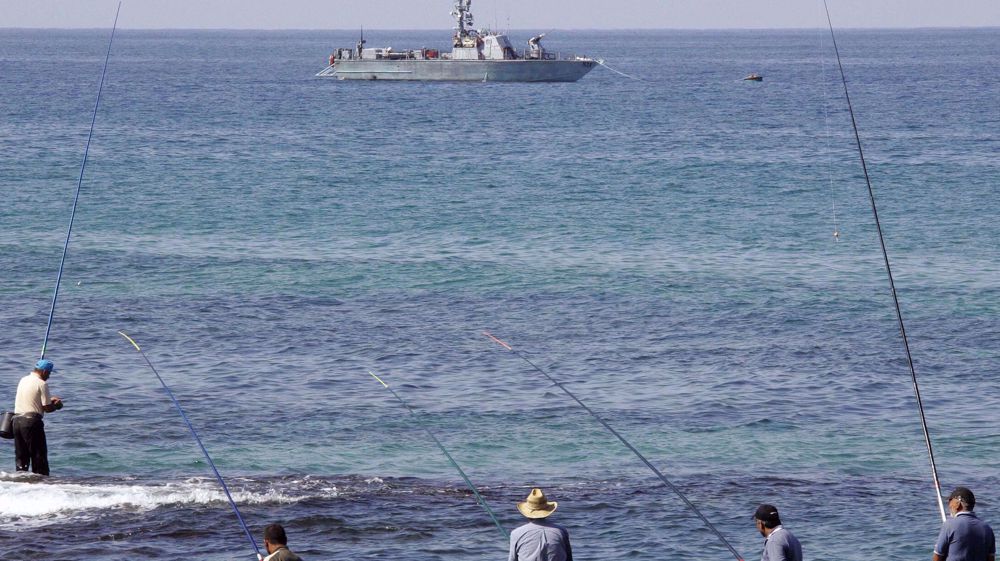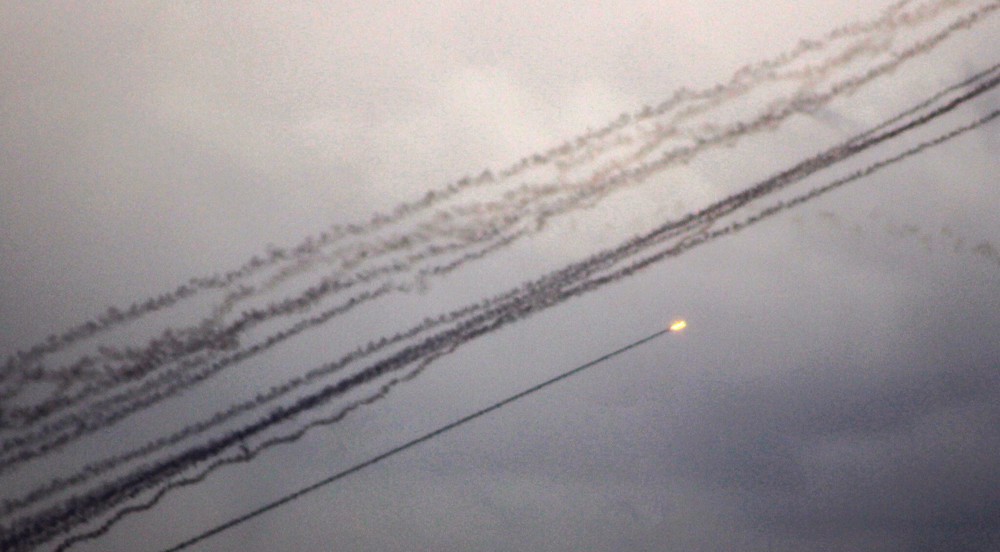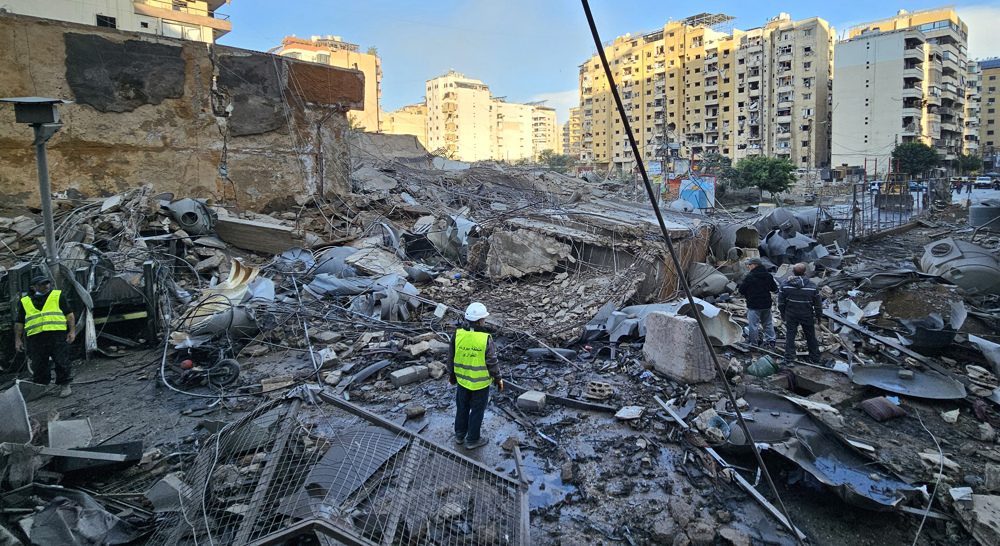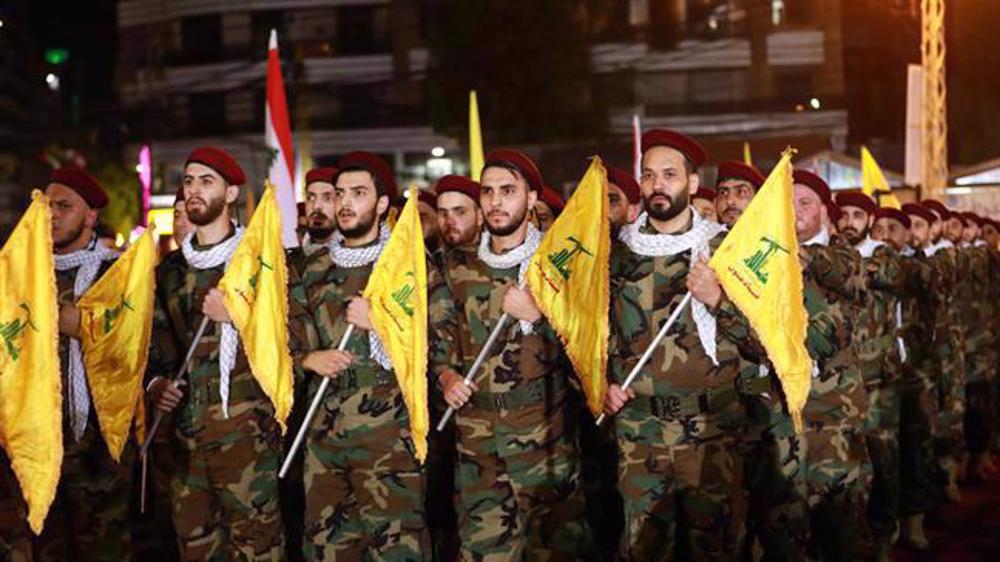Next round of Israel-Lebanon maritime border talks postponed
An upcoming round of indirect negotiations between Lebanon and Israel on the demarcation of Lebanese southern maritime border with the occupying regime has been postponed, officials on both sides say.
"We were officially informed of the postponing of the indirect round of negotiations," a Lebanese military official, who spoke on condition of anonymity told AFP on Monday.
The official also said US-mediated maritime border talks, scheduled to take place Wednesday, were delayed due to Israel's rejection of Lebanese proposals.
The official further said a separate US-Lebanese meeting would be held instead, adding that the "search for common ground" would continue.
Separately on Monday, Israeli energy minister Yuval Steinitz also said it had been agreed with the Americans that the talks would be postponed for a few weeks.
"In the interim, they will do some shuttling in order to better prepare the next round of talks," he said.
Last week, Steinitz accused Lebanon of changing its stance in the negotiations too many times.
The opening round of indirect negotiations between the two sides was held at the headquarters of the UN peacekeeping force in the southern Lebanese city of Naqoura on October 14.
Hosted by the UN and mediated by the US, the meeting broke up after barely an hour, and the two sides agreed to hold the next round of discussions on October 28.
So far, no breakthrough had been achieved.
Lebanon is locked in a conflict with Israel over an area in the Mediterranean Sea spanning about 860 square kilometers, known as Zone No. 9, which is rich in oil and gas.
Unlike land borders between, the maritime frontiers have not seen any military clashes.
Lebanon fought off two Israeli wars in 2000 and 2006. On both occasions, battleground contribution by its Hezbollah resistance movement proved an indispensable asset, forcing the Israeli military into a retreat.
Lebanon and the occupying regime are technically at war since the latter has kept the Arab country’s Shebaa Farms under occupation since 1967.
Beirut eyes the issue of delineation of its southern border zone with great sensitivity both due to concerns of Israel’s expansionist attitude and given its plans to engage in oil and gas exploration in its share of the Mediterranean.
Lebanese officials have, time and again, asserted that the limited border talks do not signify “normalization” or “reconciliation” with the occupying regime.
The assertion is aimed at distancing Beirut from a trend of normalization between some regional countries and Tel Aviv, which is brokered and supported by the United States.
VIDEO | 85% of Yemeni displaced people face daily hunger crisis
US House passes bill targeting charities and pro-Palestine groups
VIDEO | Supporting Gaza genocide
Hezbollah attacks Israeli forces after Lebanese homes blown up
World leaders, states hail ICC arrest warrants for Netanyahu, Gallant
MP: US accountable for possible Israeli 'foolishness' to attack Iraq
VIDEO | Israeli policies strangle Palestinian agriculture, economy
Iran's president offers condolences to Pakistan over terrorist attack














 This makes it easy to access the Press TV website
This makes it easy to access the Press TV website